Dubai Municipality Launches Social Neighborhood Majlis to Boost Community Engagement
Dubai continues to raise the bar for urban innovation and community-centered planning. The Dubai Municipality, known for its forward-thinking infrastructure and smart governance, has unveiled the Social Neighborhood Majlis project—an initiative designed to enhance community engagement and promote active citizen participation in shaping neighborhood development.
This groundbreaking project aligns with Dubai’s long-term vision to create cohesive, inclusive, and sustainable urban communities that support both traditional values and modern lifestyles.
What Is the Social Neighborhood Majlis?
The Social Neighborhood Majlis is a physical and social platform introduced by Dubai Municipality to promote neighborhood development, community dialogue, and grassroots participation. The concept leverages the traditional Emirati “majlis” format—an open, inclusive gathering space—revamped to fit Dubai’s contemporary urban planning goals.
Project Objectives:
Empower Residents: Provide a space for citizens to voice ideas and feedback.
Strengthen Social Bonds: Encourage interaction between neighbors, families, and decision-makers.
Support Local Governance: Create a direct feedback loop between communities and Dubai Municipality.
Promote Well-being: Foster social inclusion, cohesion, and overall community happiness.
By reintroducing the majlis in a modern form, the initiative integrates heritage and innovation—a hallmark of Dubai’s urban transformation strategy.
Community Engagement Through Smart Urban Planning
Community engagement is at the heart of the Social Neighborhood Majlis. Residents, especially families and youth, are invited to participate in discussions about:
Infrastructure improvements
Neighborhood aesthetics
Safety and security
Public amenities and services
The project provides an organized structure for residents to submit suggestions, report concerns, and propose new ideas directly to local planning officials.
This community-first approach reflects Dubai Municipality’s growing emphasis on collaborative governance, where cities are designed not only for people but with them.
Locations and Implementation
The Social Neighborhood Majlis project is being rolled out across multiple residential districts, with specific locations selected based on population density, diversity, and strategic urban value.
Features of Each Majlis Space:
Open seating and shaded areas
Interactive digital kiosks for surveys and feedback
Event hosting zones for workshops and gatherings
Accessibility for people of determination
All majlis locations are integrated with smart infrastructure such as energy-efficient lighting, real-time feedback collection systems, and community usage analytics.
Impact on Neighborhood Development
Key Benefits for Residents:
Direct Participation: Residents help guide the future of their communities.
Faster Response Times: Feedback is collected in real-time and addressed by dedicated municipal teams.
Improved Services: Community suggestions lead to better-targeted infrastructure and services.
Cultural Preservation: Traditional majlis values are maintained within a smart city framework.
This initiative contributes directly to the goals outlined in Dubai 2040 Urban Master Plan, which emphasizes livable, inclusive, and human-centered development.
How Residents Can Get Involved
Participation in the Social Neighborhood Majlis is open to all residents living in designated areas. Dubai Municipality has simplified the involvement process:
Attend Local Majlis Events: Join neighborhood forums and workshops.
Submit Suggestions Digitally: Use kiosks or the Dubai Municipality app.
Connect with Urban Planners: Voice ideas and concerns directly.
Share Stories: Promote community pride by sharing local success stories.
By opening these lines of communication, Dubai Municipality ensures transparency and a shared sense of ownership over public space and service improvements.
A Model for the Future of Urban Development in the UAE
The Social Neighborhood Majlis is more than a community gathering initiative—it’s a blueprint for inclusive governance. As Dubai positions itself as a global leader in urban planning and community innovation, this project serves as a powerful model for how technology, tradition, and civic engagement can shape the cities of tomorrow.
Dubai’s leadership continues to demonstrate that infrastructure alone doesn’t build a great city—engaged citizens do.
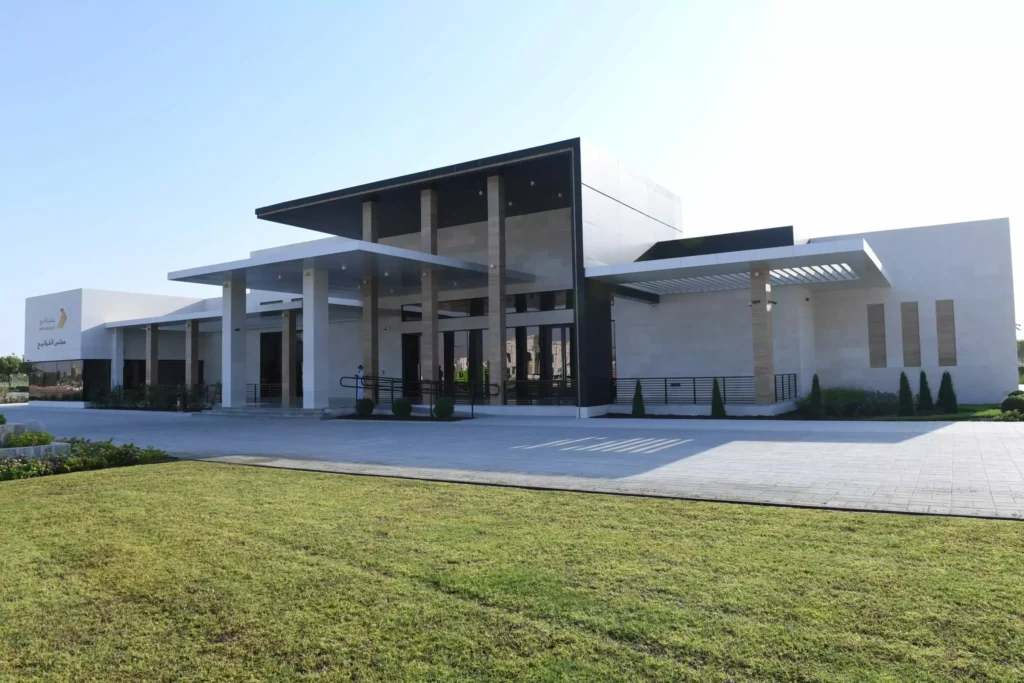
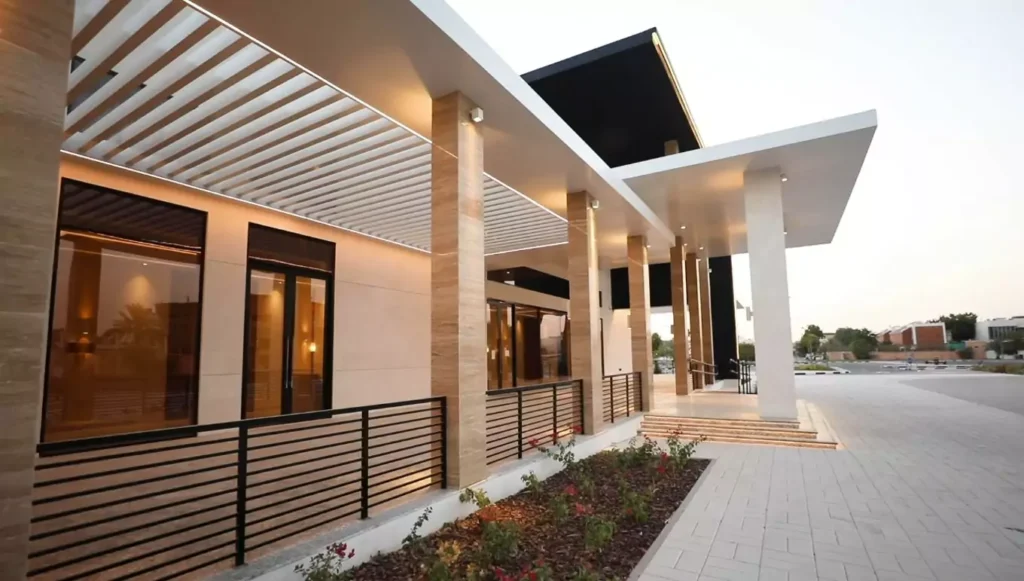
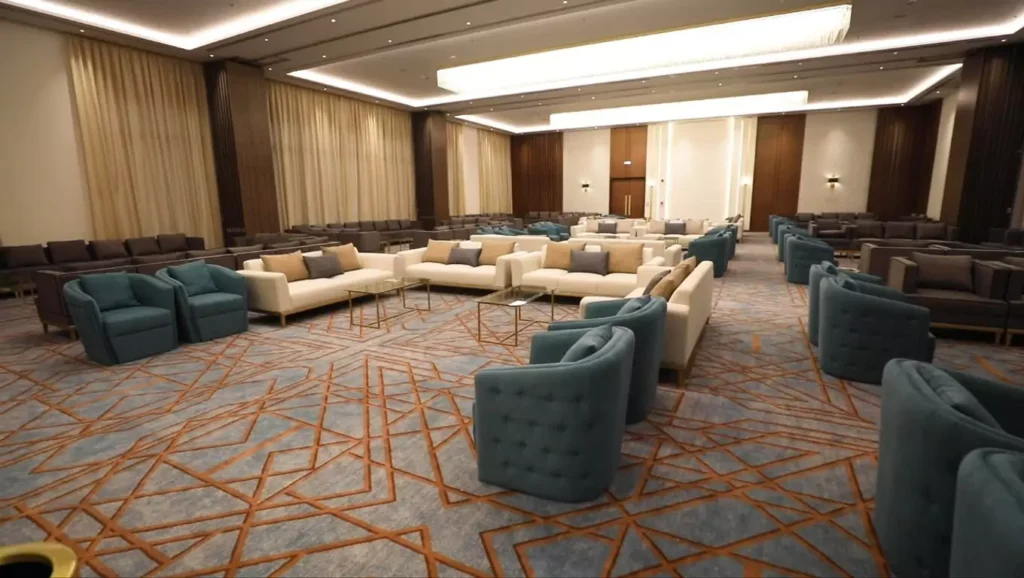
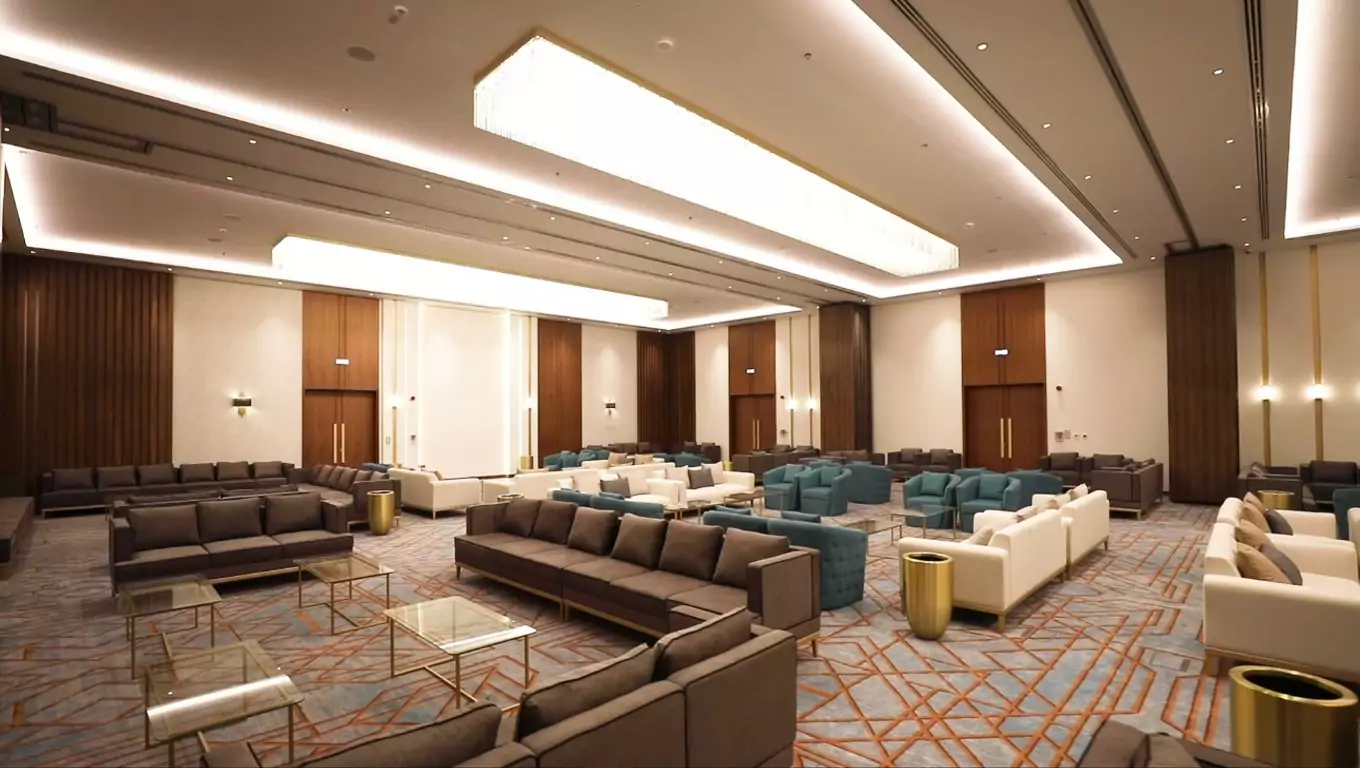


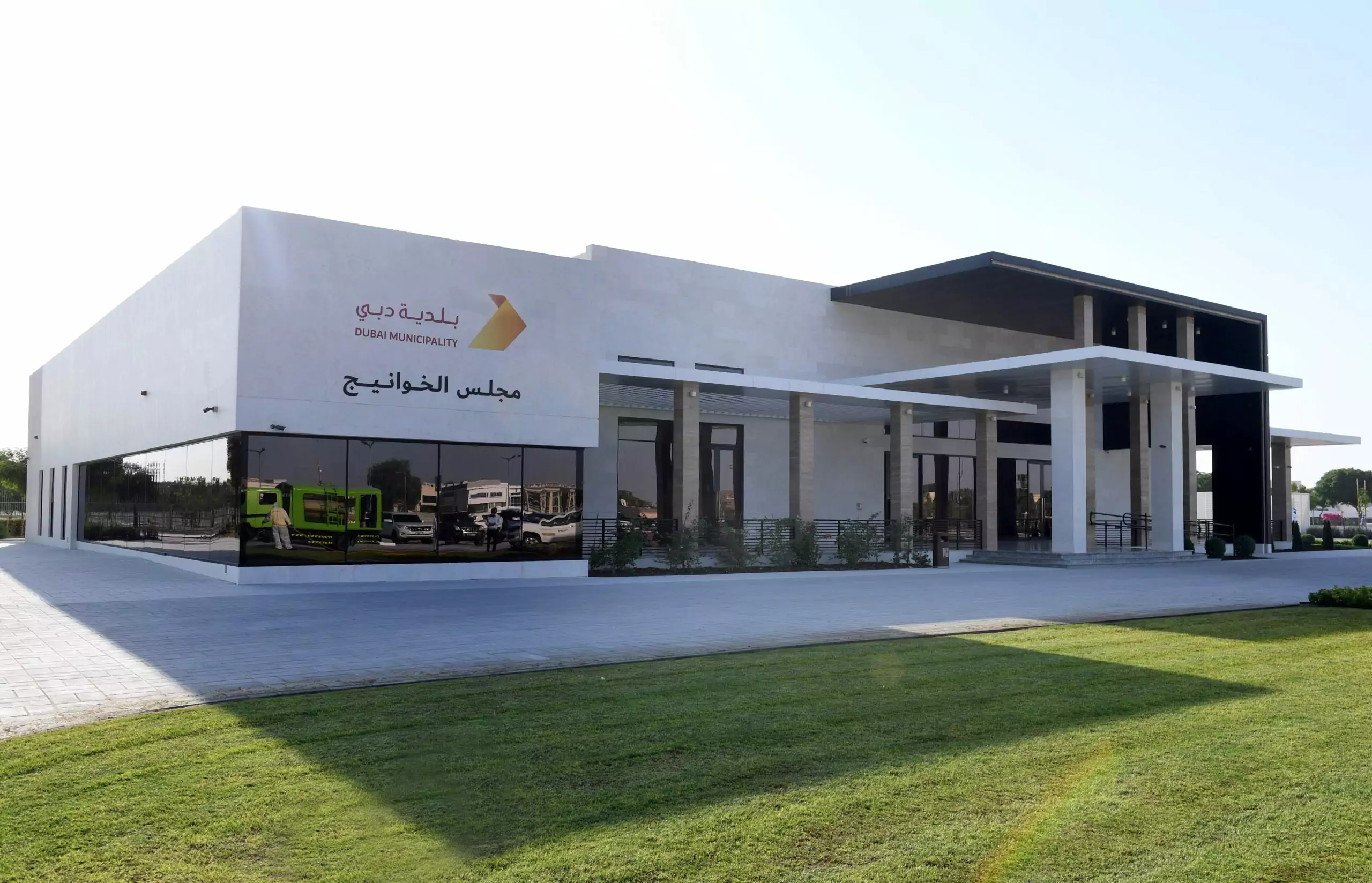
Useful information